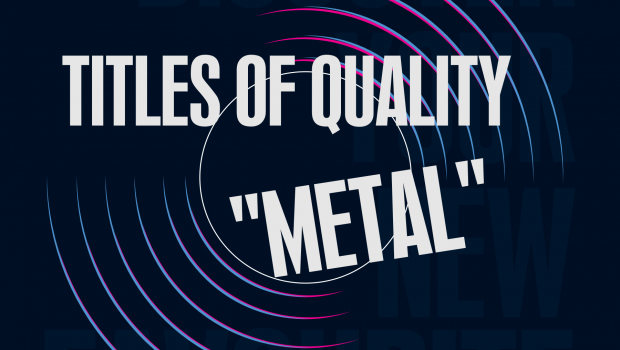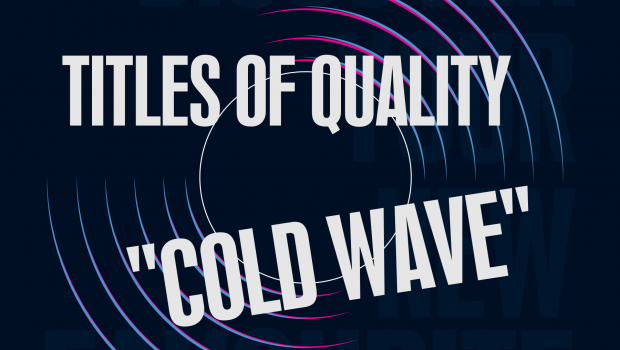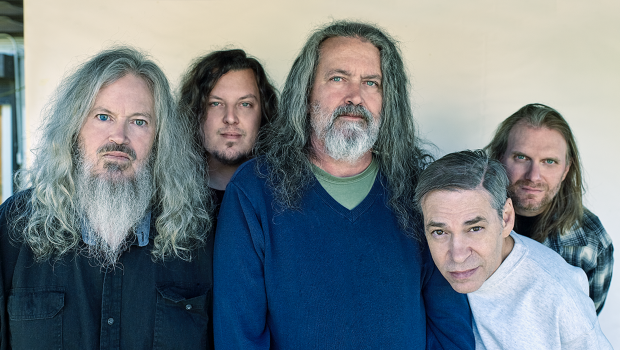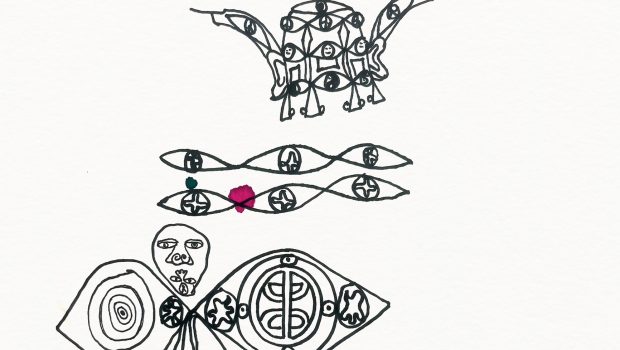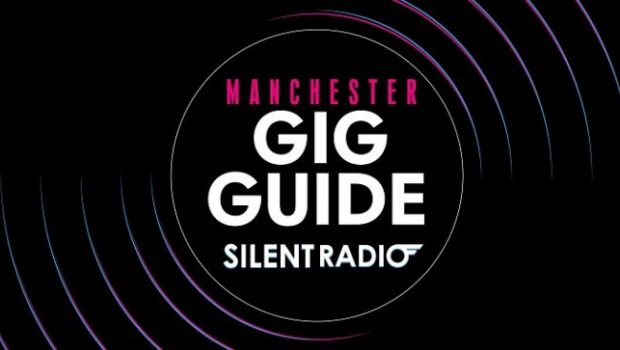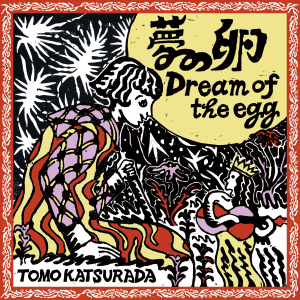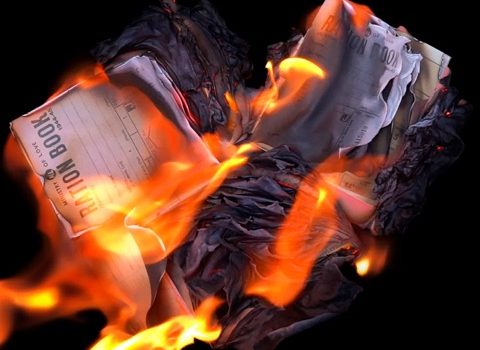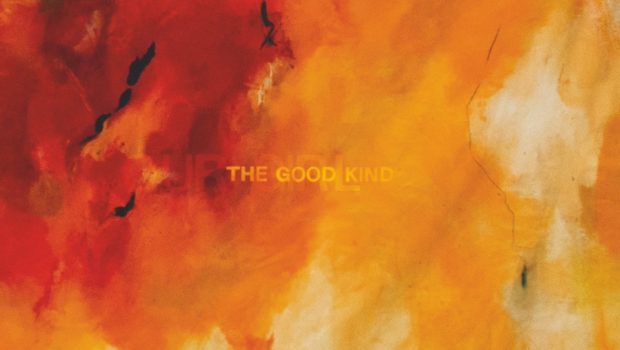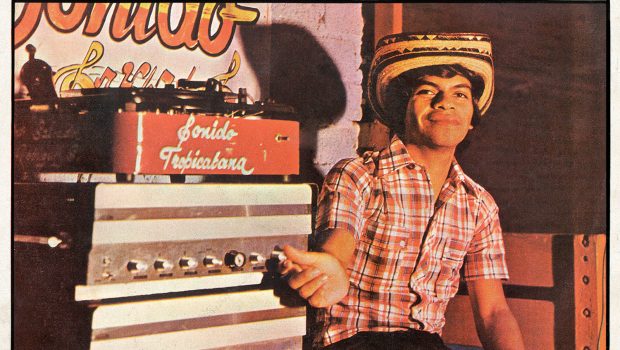The supposed sound of paisley; hijacked more than any poorly guarded airliner, ubiquitous in how many optical migraine inducing outfits it indirectly spawned and with the quasi-surrealist art style associated being metaphorically copped so many times… it would probably cajole the late Salvador Dali into being a subscriber of Falangism if it were to offer him the incentive of enforced copyright protection. (Un)fortunately for you, the prospective reader, I’ve decided to assemble a series of albums that loosely fall into the aforementioned marketing ploy that is the named and shamed genre (see above).
Meat Puppets – Up On The Sun
Is it not awfully ironic that those that claimed to be punk saw bands such as the Meat Puppets as traitors to something that, if progression hadn’t occurred, would have been as stale as the preceding bands that punk sort to dethrone? The idea that having long hair would bring about the same kind of prejudice you’d expect WW2 veterans had for the Beatles’ follicle rich manes? One can only imagine seeing this odd blend of moderately funky acid country being played in some dilapidated hardcore shack in front of a crowd of safety-pin pierced spiky fiends completely agasp by the sudden realisation 3-chord structures were not codified legislation to be blindly towed.
Soft Machine – The Soft Machine
I’ve yet to actually read the works of William Burroughs, or any of the other beatnik ilk (I did watch that Firing Line interview however) that I hear has played such a salient role in a number of misunderstood countercultures (in the West) spawned since the mid-20th century; although I am familiar with a certain Canterbury band that hawked their name from one of his reads (again, above titled). I think the majority of people in this age would probably retch at the sight of anything with ‘jazz-based’ placed adjacent to the ‘psych’ label, but you’d be missing out on the opportunity to hear Robert Wyatt, Kevin Ayers and the keyboard guy I sadly misremember (suspicion his solo career wasn’t quite as illustrious) perturb you in ways you can’t help but smile at.
Truly – Fast Stories From Kid Coma
The Seattle scene was a confusing, yet all too familiar issue where a certain term was used to blanket a quantity of bands into a homogenised brand that didn’t ultimately bode well for the ones that sort to try something a little different. With the rhythm section being alumni from better known peers (Screaming Trees, Soundgarden); Robert Roth’s multifaceted layering of guitars and his unexpected harnessing of a mellotron was unfortunately not quite enough to bring them the success they ought to have attained at a time when the commercial void was being filled with ersatz Pacific North-West pretenders. What the definitive representation of Post-Grunge could have been.
Alexander ‘Skip’ Spence – Oar
The obligatory acid casualty quota, sadly; a series of stints in a few West Coast groups (Jefferson Airplane, Moby Grape etc) somehow transposed into Oar? I mean I’m probably leaving a lot out, but how Spence ended up in a mental institution must have had something to do with the narcotic angle (and the deep routed susceptibility etc), but then to ramble on about that wouldn’t really be fair. One of the reasons I used speech marks on the page title was because a fair amount of this album is acoustic-based folk, yet since some of the tracks are rather ethereal in a lo-fi demo kind of way, it warranted the inclusion. This album is also the only one on this list (as far as I know) to have a tribute variant, so that by default must mean some kind of qualitative superiority?
Monster Magnet – Spine of God
Going back to the speech marks thing again, the stoner rock subgenre, which the above-titled played a centric role in creating, deserves a spot. Their better known work which followed this, I can’t say I’m a colossal fan of, but Spine of God however… strikes the right balance of Hawkwind expanses with composites of classic metal, punk and enough machismo to drag the 1970s into what was then the present day: the early 1990s. Not entirely sure what Wyndorf means by the lyric ‘stand on the mountains of mars’, but the inclusion of a charged up Grand Funk Railroad cover and consistent references to recreational drugs indicates an allegory of some sort?
